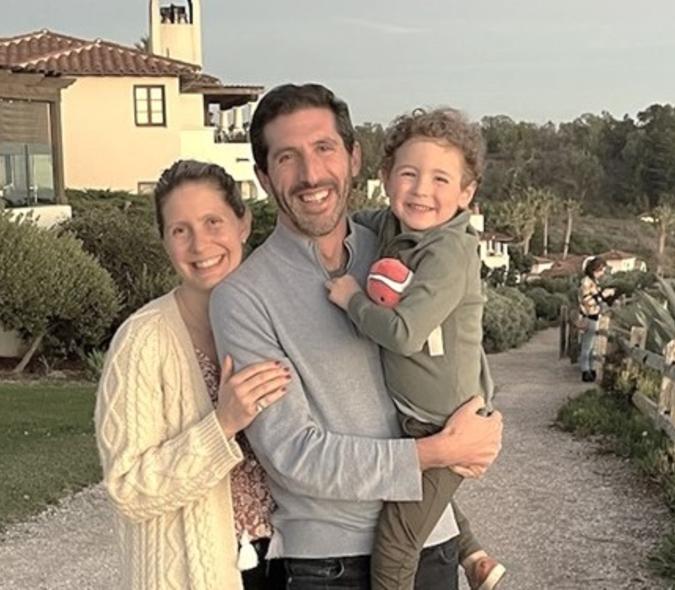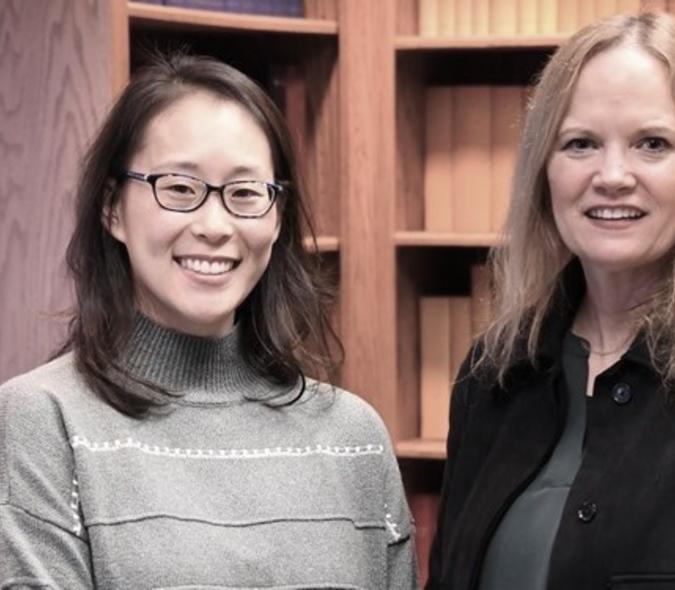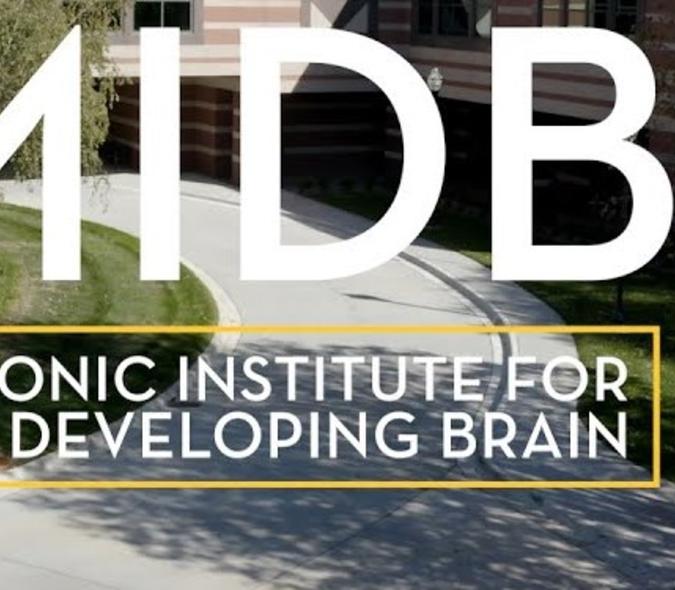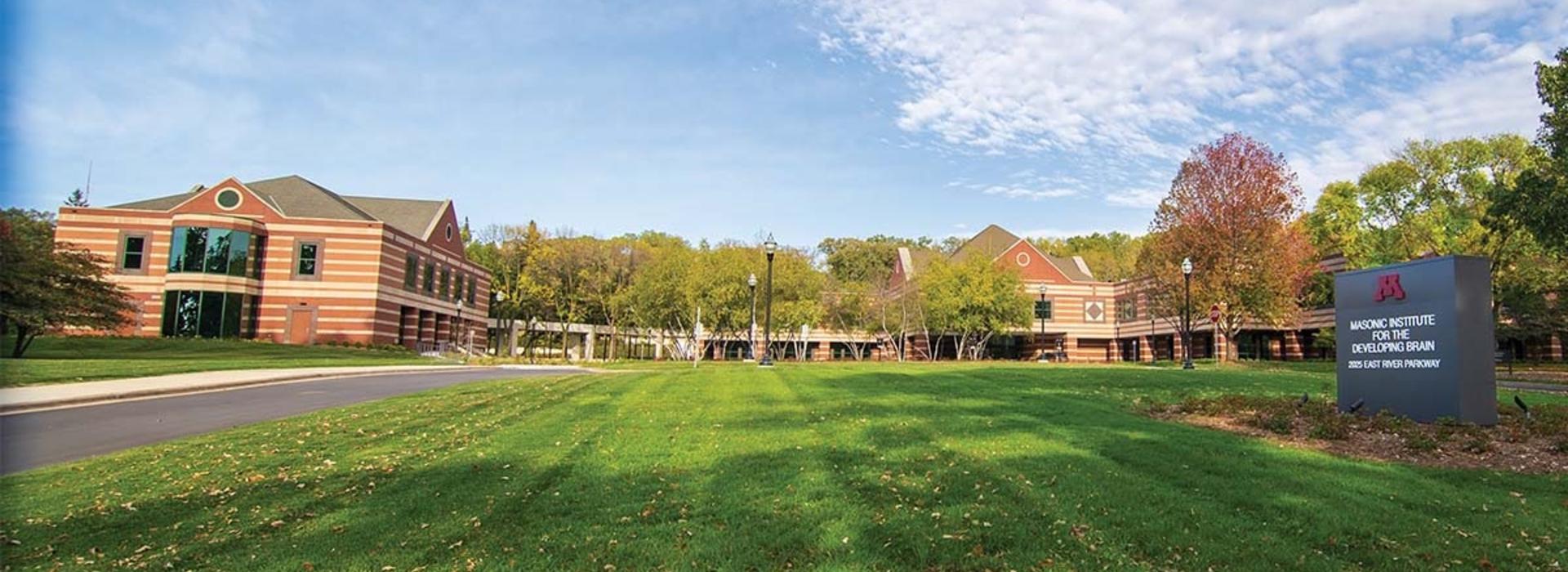
Life at the new Masonic Institute for the Developing Brain brings integration in care and learning, and opens opportunities for collaboration
In early November 2021, child and adolescent (C&A) psychologists and psychiatrists, social workers, nurse practitioners, clinic staff, and researchers from the Department of Psychiatry and Behavioral Sciences were welcomed to their new home at the U of M’s Masonic Institute for the Developing Brain (MIDB, pronounced M-I-D-B). According to the Institute’s website, MIDB is, “one of the first of its kind, a one-stop clinic and research location specializing in pediatric neurobehavioral conditions, merging M Health Fairview clinical care with [U of M] research to inform best clinical practice and improve treatment for children in our care and community.”
At MIDB, clinicians and researchers from our department will be joining colleagues from all over the University including Pediatrics, Neurology, the Institute of Community Integration, and the Institute for Child Development. From a clinical perspective, this represents a major shift that MIDB leaders feel is likely to be high impact for our community.
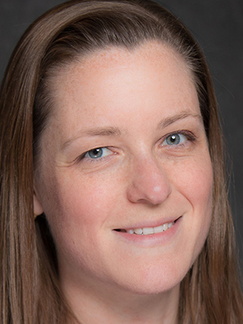
“Historically, we were all spread out and it was difficult for patients and their families,” said Associate Professor Alexandra (Sasha) Zagoloff (pictured here), PhD, LP, who together with Amy Esler, PhD, LP, are the MIDB Clinic Program Co-Directors. “Our providers didn’t even know how to refer patients to the right colleagues. All that has been obliterated. There is now one central number to call, and we figure out the best place for patients to go.”
Planning the new clinical program required a massive effort. In support of that process, Dr. Zagoloff meets with Dr. Esler and Clinic Manager Allison Hudson twice a week. “The first meeting I attended was almost two years ago,” she said. “Since then, we’ve had months and months of planning to integrate the clinical programs and meet our patient and trainee needs.”
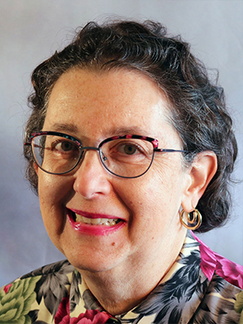
For Professor and Child and Adolescent Psychiatrist Gail Bernstein (pictured here), MD, proximity to different colleagues allows for a lot of collaboration and consultation among different disciplines in the clinic. “I now have ready access to colleagues in pediatric psychology and neuropsychology and have opportunities to get consults from pediatric neurology and behavioral pediatrics,” she said. “That’s a big benefit for patient care.”
Some adjustments come with being co-located with similar but different disciplines. “Although we see the same patients, our approach to care can be quite different,” said Dr. Zagoloff. “My vision is that we approach these differences with curiosity and respect.”
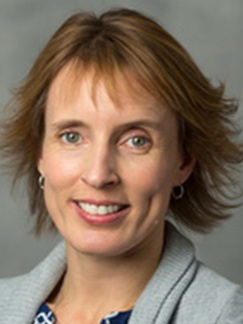
The move to MIDB also brings huge advantages for research. “Part of my research involves brain imaging,” said Associate Professor and Child and Adolescent Psychiatrist Katie Cullen (pictured here), MD. “Before we moved, we would invite a patient into a study, and they would have to go all over campus to get their MRIs and do other activities. Now, everything is in one place. It will be a million times better for our research participants.”
Dr. Cullen’s research aims to advance understanding of the biology of mood disorders such as depression and bipolar disorder in adolescents, and to test how new investigational treatments may work to restore health in young people. “My lab* is in its new space at MIDB, and we’re co-located with other labs doing different work,” she said. “As a result, there will be opportunities to learn from my other colleagues during conversations that happen spontaneously. The proximity of the lab to the clinic will also be a real advantage for our research.”
Child/family friendly
The physical environment of the new facility offers unique features that will benefit both the clinical and research missions of the Institute. Dr. Bernstein thinks it’s been a real treat to have patients come in person to the new clinic. “They really seem to like it,” she said. “They appreciate the beauty of the new space – it’s open and expansive and colorful. It’s child and family-friendly and is very welcoming.”
Features that appeal to Dr. Bernstein the most are those that blend the inside and outside environments and how that blending will nurture both patient care and research. “I’m working with Dr. Cullen and her team of faculty and staff from across the University of Minnesota on a Creativity Camp for teenagers with depression this summer,” she said. “We will use MIDB’s outdoor resources such as the sport court, walking paths, and gazebo during the camp.”
Learner advantages
In addition to research and patient care, the Masonic Institute for the Developing Brain brings new opportunities for our department’s education mission. Dr. Bernstein, for instance, will continue her long-term role of supervising child and adolescent psychiatry fellows and psychology interns at MIDB. And just as there are benefits to patients with the one-stop-shop nature of the Institute, there are also advantages for learners.
“The psychology internship – which is 55 years old – has always been a joint venture between psychiatry and pediatrics but we’ve been spread over multiple sites,” said Dr. Zagoloff. “When the interns had to shift from one discipline to the next at mid-year, it made it feel like they were participating in two different programs. Now that we’re in the same space, it will feel much more integrated.”
Lofty goal
Dr. Zagoloff’s goal at the Masonic Institute for the Developing Brain, and arguably that of everyone at the new facility, is a lofty one. “My mission is that every child and family system that is struggling knows there are experienced, compassionate providers who care about them and that we’re training the next generation of those providers,” she said. “It gets me out of bed every morning to get one step closer to that goal.”

